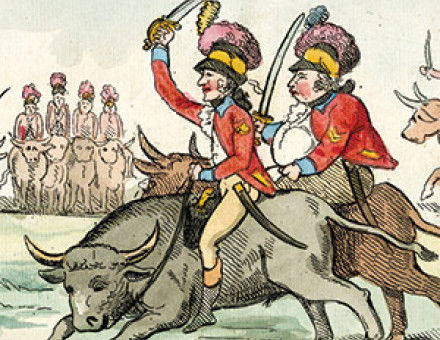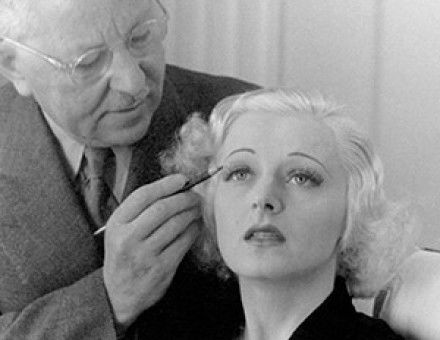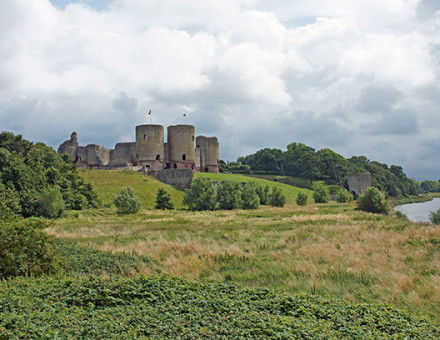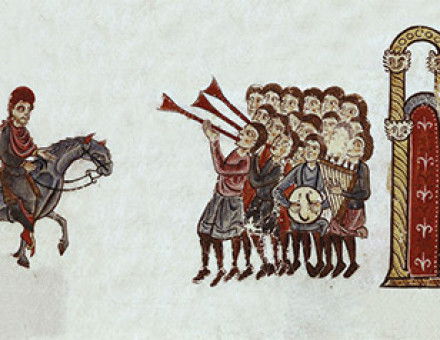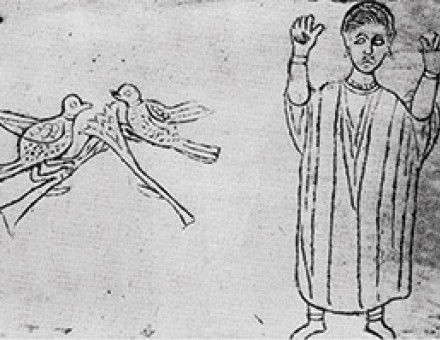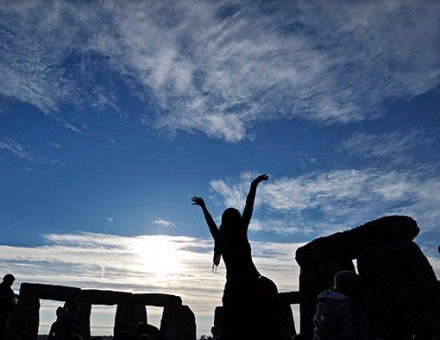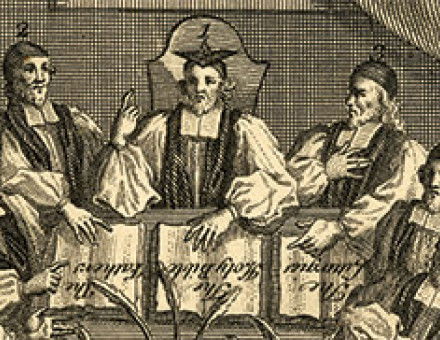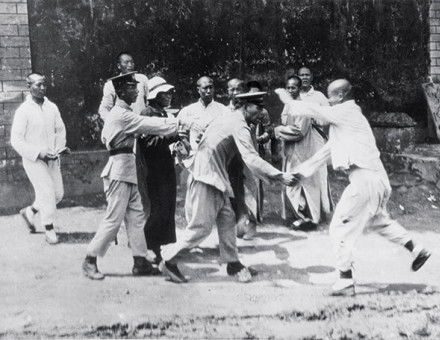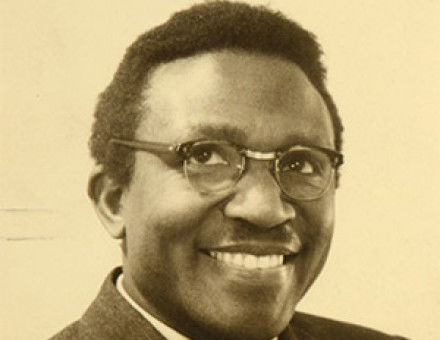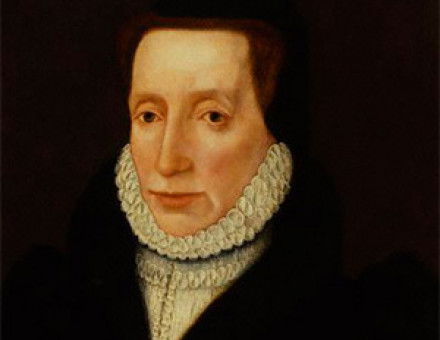Volume 63 Issue 8 August 2013
Established partly in response to the long-feared French invasion and partly to quell unrest at home, the yeomanry were increasingly used by the authorities to intervene on the side of employers in disputes and riots. The ensuing armed clashes present the clearest example of class warfare in early 19th-century Britain, says Nick Mansfield.
The make-up master died on August 30th, 1938.
The first (and indeed only) Welsh monarch was toppled on August 5th, 1063.
The Byzantine ruler claimed his throne on August 16th, 963.
Kate Cooper reassesses Brent Shaw’s 1994 article on women in the early Church, which reveals a key historical principle.
Modern paganism is an invented tradition, says Tim Stanley. So why is the Church of England offering it a helping hand?
The relationship between religion and rationality was an intimate one in 17th-century England. Christopher J. Walker looks at the arguments and controversies of the time, which helped to forge a more open society.
Roger Hudson tells the story behind a moment of violence in 1923 outside China's Forbidden City in Peking.
Large numbers of West Africans came to Britain to study in the postwar years. Many placed their children in the care of white, working-class families. Jordanna Bailkin describes how it was not just Britain’s diplomatic relationships that were transformed at the end of empire but also social and personal ones.
Lady Margaret Douglas, a favourite of Henry VIII, negotiated the shady politics and shifting alliances of the courts of four Tudor monarchs. Leanda de Lisle tells the story of the ‘progenitor of princes’, whose grandson, James VI of Scotland, became the first Stuart king of England.


